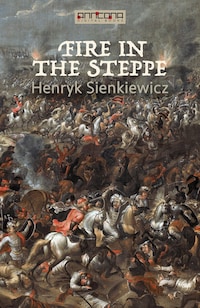Quo Vadis
Description of book
In "Quo Vadis," Henryk Sienkiewicz masterfully intertwines the historical and the personal, set against the backdrop of Nero's Rome during the first century A.D. The novel adopts a richly descriptive and evocative literary style, employing vivid imagery and poignant dialogue to capture the moral upheaval of early Christianity amid the decadence of Roman society. Sienkiewicz's narrative is laced with philosophical reflections on love, faith, and the struggle between good and evil, inviting readers to ponder the transformative power of belief in an age of turmoil. This seminal work not only paints an intricate portrait of ancient Rome but also highlights the timeless themes of human resilience and spiritual awakening, making it a cornerstone of historical fiction. Henryk Sienkiewicz, a Polish novelist and Nobel laureate, drew inspiration from his deep appreciation for his nation's history and cultural heritage, as well as his disdain for the oppression faced by Polish society during the partitions. His lifelong advocacy for Polish independence infuses "Quo Vadis" with a sense of urgency and moral clarity, revealing the author's belief in the potential of love and faith to inspire change in a corrupt world. A must-read for enthusiasts of historical fiction and lovers of literary craftsmanship, "Quo Vadis" offers a profound exploration of the human condition, making it an essential addition to any literary canon. By engaging with Sienkiewicz's exploration of humanity's eternal conflicts, readers will find not only an enchanting narrative but also an enduring message of hope and redemption.
 Henryk Sienkiewicz
Henryk Sienkiewicz 698 Pages
698 Pages


















































